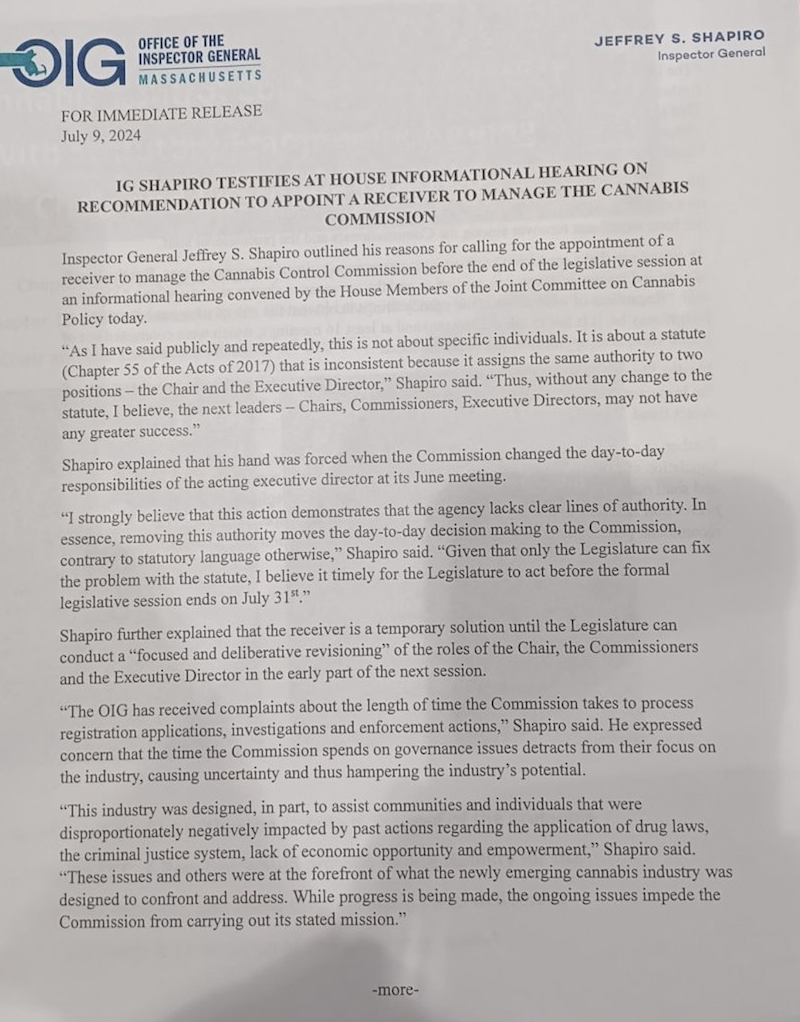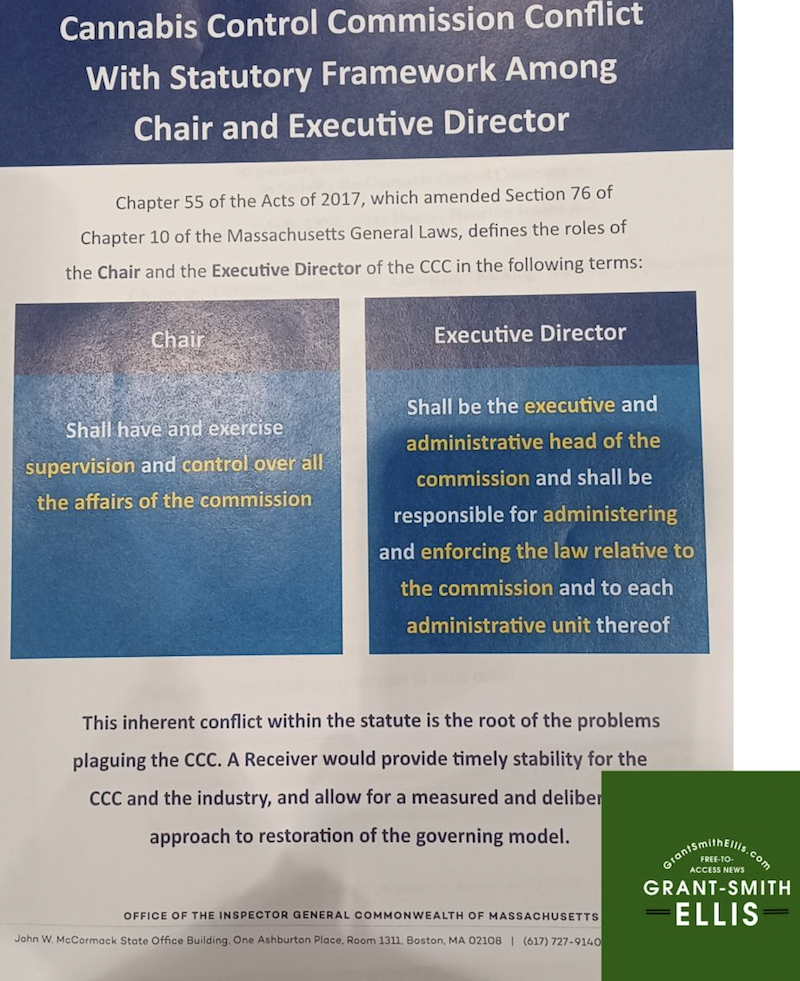These look to be the key sentences
Results, published in the Journal of Nursing Scholarship , show that 386 people died as a result of cannabis use; of these, 258 cases were caused by synthetic cannabis. Nearly 65 percent of these cases involved synthetic cannabis as the only drug involved.
Nearly 99 percent of individuals using cannabis and synthetic cannabis died from accidents. Most of these accidents were due to drug intoxications (83.93 percent) and motor vehicular crashes or collisions (14.17 percent) that caused blunt traumas to the head and torso. More motor vehicular accidents were observed in cannabis use as a cause of death rather than synthetic cannabis use. Four individuals died from drowning under the influence of cannabis.
In the United States, 49.6 million Americans ages 12 and older used cannabis or marijuana in 2020. More than 5.4 million Americans are medical cannabis patients. In Florida alone, where medical cannabis has been legal since 2014, there has been a 1,107.01 percent increase in the number of people with medical cannabis cards, from about 65,310 cardholders in 2018 to 788,297 as of Jan. 27.
One primary reason for the continued increase in cannabis use is risk perception. Many people believe cannabinoids – plant derived, medicinal, and synthetic or chemically engineered – are safe to use because they are non-psychotropic and non-psychoactive. However, for some people, cannabis can be addictive and potentially cause harm when taken with other substances such as alcohol or other drugs.
Despite its widespread use in the U.S. and globally (more than 200 million worldwide), little is known about deaths that are associated with or caused by using cannabinoids.
Researchers from Florida Atlantic University’s Christine E. Lynn College of Nursing are the first to conduct a statewide analysis of deaths in Florida associated with cannabis and synthetic cannabis use, utilizing data from the Florida Department of Law Enforcement from 2014 to 2020. For the study, they examined sociodemographic characteristics, health-related conditions, the presence of other substances, and the type of death associated with the use of these substances.
Results, published in the Journal of Nursing Scholarship , show that 386 people died as a result of cannabis use; of these, 258 cases were caused by synthetic cannabis. Nearly 65 percent of these cases involved synthetic cannabis as the only drug involved.
“Synthetic cannabinoids are part of the new psychoactive substances that are two to 100 times more potent than THC, the main psychoactive compound in marijuana,” said Armiel Suriaga, Ph.D., senior author and an assistant professor in FAU’s Christine E. Lynn College of Nursing. “Synthetic cannabinoids are manufactured chemicals sprayed onto dried, shredded leaves or plant materials that mimic the effect of cannabis, but their actual effects are unpredictable, harmful and deadly.”
Findings showed that nearly 28 percent of deaths caused by cannabis and synthetic cannabis were in those ages 45 to 54, compared to 9 percent in those ages 8 to 24. This finding suggests a change in the age demographic in the context of mortality considering the attributable health conditions such as cardiovascular heart diseases.
More than 13 percent of cases had cardiac-related conditions such as hypertensive heart disease related to high blood pressure, atherosclerotic heart diseases, cardiac arrhythmias, and cardiomegaly, an enlarged heart. There was one case of death from an ischemic stroke and one case of a death from a hemorrhagic stroke, both related to synthetic cannabis use.
Among the study’s key findings:
- Nearly 88 percent of those who died from cannabis and synthetic cannabis use were men.
- Approximately 65 percent were non-Hispanic whites.
- One hundred percent of cannabis-related deaths occurred in urban counties.
- In rural counties, 28.3 percent of deaths were related to synthetic cannabis use; 39.9 percent were African American.
Nearly 99 percent of individuals using cannabis and synthetic cannabis died from accidents. Most of these accidents were due to drug intoxications (83.93 percent) and motor vehicular crashes or collisions (14.17 percent) that caused blunt traumas to the head and torso. More motor vehicular accidents were observed in cannabis use as a cause of death rather than synthetic cannabis use. Four individuals died from drowning under the influence of cannabis.
The highest count of deaths related to cannabis use was in 2019; the highest count for synthetic cannabis as a cause of death was in 2018. The lowest count of deaths from both substances ranged from one to three deaths, which occurred in 2014.
“The persistent deaths from cannabis and synthetic cannabis use are a legitimate public health concern,” said Suriaga. “The public should remain vigilant of the adverse health outcomes associated with these substances and their unpredictable effects, especially for men who are disproportionately affected, and particularly for people with underlying cardiovascular and respiratory conditions.”
Study co-authors are Ruth M. Tappen, Ed.D., RN, FAAN, the Christine E. Lynn Eminent Scholar and professor, FAU Christine E. Lynn College of Nursing; and Elizabeth R. Aston, Ph.D., an assistant professor, Department of Behavioral and Social Sciences, Brown University School of Public Health.
This study was funded by the National Institute on Drug Abuse Substance Use Disorder Evidence- Based Practice Training Awards and the American Association of Colleges of Nursing.
-FAU-
https://www.fau.edu/newsdesk/articles/cannabis-deaths-study


 Cannabis News1 year ago
Cannabis News1 year ago
 One-Hit Wonders1 year ago
One-Hit Wonders1 year ago
 Cannabis 1011 year ago
Cannabis 1011 year ago
 drug testing7 months ago
drug testing7 months ago
 Marijuana Business Daily1 year ago
Marijuana Business Daily1 year ago
 Education1 year ago
Education1 year ago
 Cannabis1 year ago
Cannabis1 year ago
 Education1 year ago
Education1 year ago


















